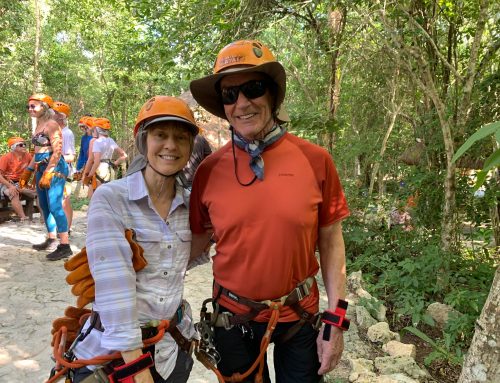In a world that seems fraught with danger, and where cataclysmic events seem to be a daily occurrence, it is easy to see why there is anxiety, and a desperation to make sense of it all. With all the events of 2020 there seems to be a particular rash of Conspiracy Theories that have sprung up, from the QAnon plots to the Coronavirus being a hoax. Apparently despite the conspiracy that the Coronavirus was developed in a lab has been disproved, nearly 30% of Americans still believe that to be true.
Conspiracy theories are not new; they have existed throughout humankind’s existence ( e.g. fear of sailing off a Flat Earth or the Salem witchcraft trials ) When things seem out of control, there is a human tendency to find a reason to want to blame a dastardly scapegoat for it all then get rid of the offender. The areas of our brain that help us survive, also want to make sense of the overwhelming event. The latest “Psychology Today” has a great article on how this all works, which really captivated me. I thought it would be helpful to summarize it. It is called “The False Believers; why are so many people drawn to conspiracy theories in times of crisis?”
Noam Shpancer Ph.D. (a professor at Otterbein University) explains four different reasons why we make up “preposterous plots’.
- Fundamental attribution error -we attribute an event to someone having a motive rather than it being circumstance or even random.
- Confirmation bias and belief perseverance- we attach to our own beliefs and search for confirmation of them
- Being uniquely knowledgeable- we think we are a select group with unique power
- Pattern recognition- our brains detect patterns and make meaning of situations to seek order, identify cause and effect, and to avoid uncertainty and distress. Therefore we make up stories to explain things.
Conspiracy theories can be dangerous psychologically in that they may offer a sense of certainty (that a malevolent Bill Gates is out to get us). But the theory is often scarier than the truth and perpetuates a cycle of suspicion and paranoia. A society has to have some common agreements and understandings that help make it run. If only, say, a third of the population believe that a vaccine is effective against the Coronavirus, then how will the planet get this disease under control? This article states that making more people science and media literate, and giving them more accurate information about the Coronavirus, will reduce the need for conspiracy theories in this area. If you are feeling anxious and overwhelmed by doubts, come and talk to me. I can point you towards some resources and give you skills to reduce anxiety.






Leave A Comment